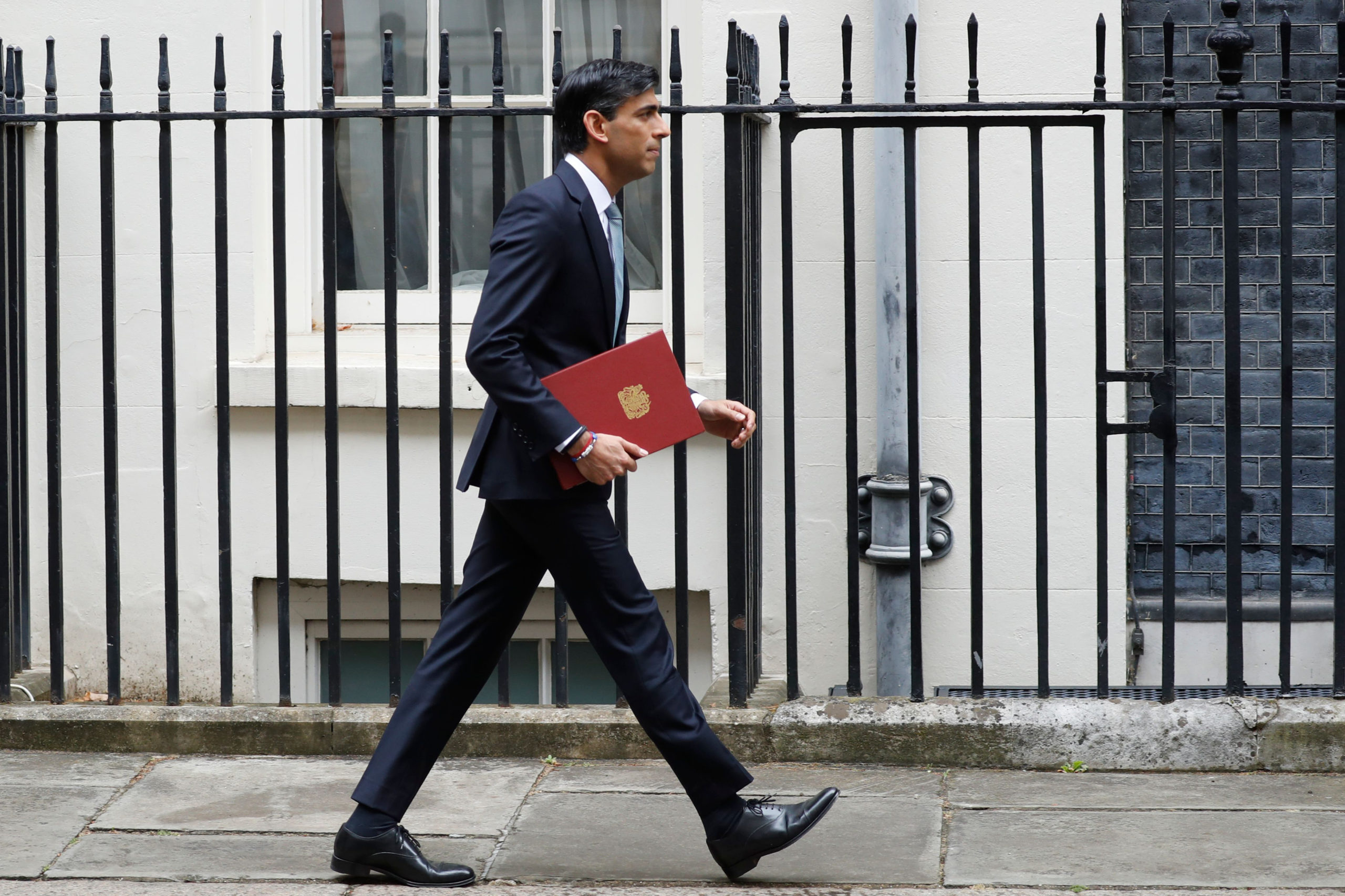Last week, Rishi Sunak caused outrage with comments made in an appearance on ITV News. The Chancellor of the Exchequer suggested that individuals working in the creative sector impacted by COVID-19 should simply retrain. “I can’t pretend that everyone can do exactly the same job that they were doing at the beginning of this crisis,” he said. Though this has since been clarified to include a broader range of industries, many rightfully felt compelled to react to the cold callousness of such implications.
Tensions have been compounded by the inaction and incompetence of the Conservative Party, particularly for those working in the night time economy. The comments came just a week after government minister Gillian Keegan told Sky News that “it’s hard to see how nightclubs will open” any time soon, and that workers in the live music industry won’t be covered by the Winter Economy Plan. With the 10pm curfew draped over us for the foreseeable future, the UK club scene is forced to compromise its way out of stagnation.

London-based DJ Sherelle expressed grave concerns on the BBC’s Newsnight as a spokesperson for concerned music fans and clubbers countrywide. During the interview, she explained how, despite the Tories boasting about their £1.57 billion “cultural recovery” programme, the scheme is currently ineffective and running behind schedule – forcing renters to have difficult conversations with their landlord and leaving many in financial precarity.
It was highlighted that, statistically, musicians contribute a huge value to the British economy, and ought to be treated as such. The UK music industry is worth £5.2 billion a year and the country’s night-time economy is worth £66 billion. In defending UK nightlife, there has been a concerted effort by artists to speak in terms of metrics and revenue. It seems that creatives sense a futility in attempting to appeal to the government in anything other than by statistical means.
Arguing in favour of music and clubs in terms of large-scale capitalist endeavour is credible, though many are also pointing to the urgency in which smaller, local artists and businesses need to be attended to. It is necessitous to underline how the collapse of cultural production in the UK music scene would have a devastating domino effect on many interdependent and independent industries. If these spaces collapse then it’s not just artists or the thousands employed by venues who will be impacted – businesses relying on the footfall of local cultural production will also suffer.
There are more reasons to justify aid beyond the purely economic. The lack of support given to those whose career is not deemed ‘viable’ in the current climate is, naturally, having a profound impact on artists’ wellbeing. Sherelle said that the “last six months, for me, have been brutal mental health-wise”, echoing the sentiments of many. For countless people, mental health is bolstered by spaces where people can produce, perform, congregate and shape a community.
Sherelle continued: “We’ve trained for so long to be in our jobs and we’re completely suffering”. The value of art should not be measured by its profit margins when people have dedicated so much to their craft. Tragic consequences are at stake. Clubs are a respite and a sanctuary, a place where you can be alone but surrounded by people – the dancefloor fulfils a vital social function and it will do untold damage to let these institutions slowly dwindle away.
Sherelle elaborated on the points made on Newsnight, in an interview with Mixmag, stating that “our nightlife scene is internationally renowned,” and that “we have a rich and steeped UK history of creating cultures and music genres, especially those created by the Black diaspora. We as Black people started everything from Lovers Rock to garage, drum ‘n’ bass to grime and dubstep. The UK has a large musical history that we need to be proud of”. This is something that must be protected.
The government is currently encouraging people to “reskill, upskill” and “take different routes in life” and has given next to no signal that it will support arts and nightlife. Though, a petition calling for the UK government to extend its financial support for the music industry has gained over 100,000 signatures, meaning Parliament must consider the petition for debate. A date is yet to be set.
Header image creator: TOLGA AKMEN, credit: AFP via Getty Images

